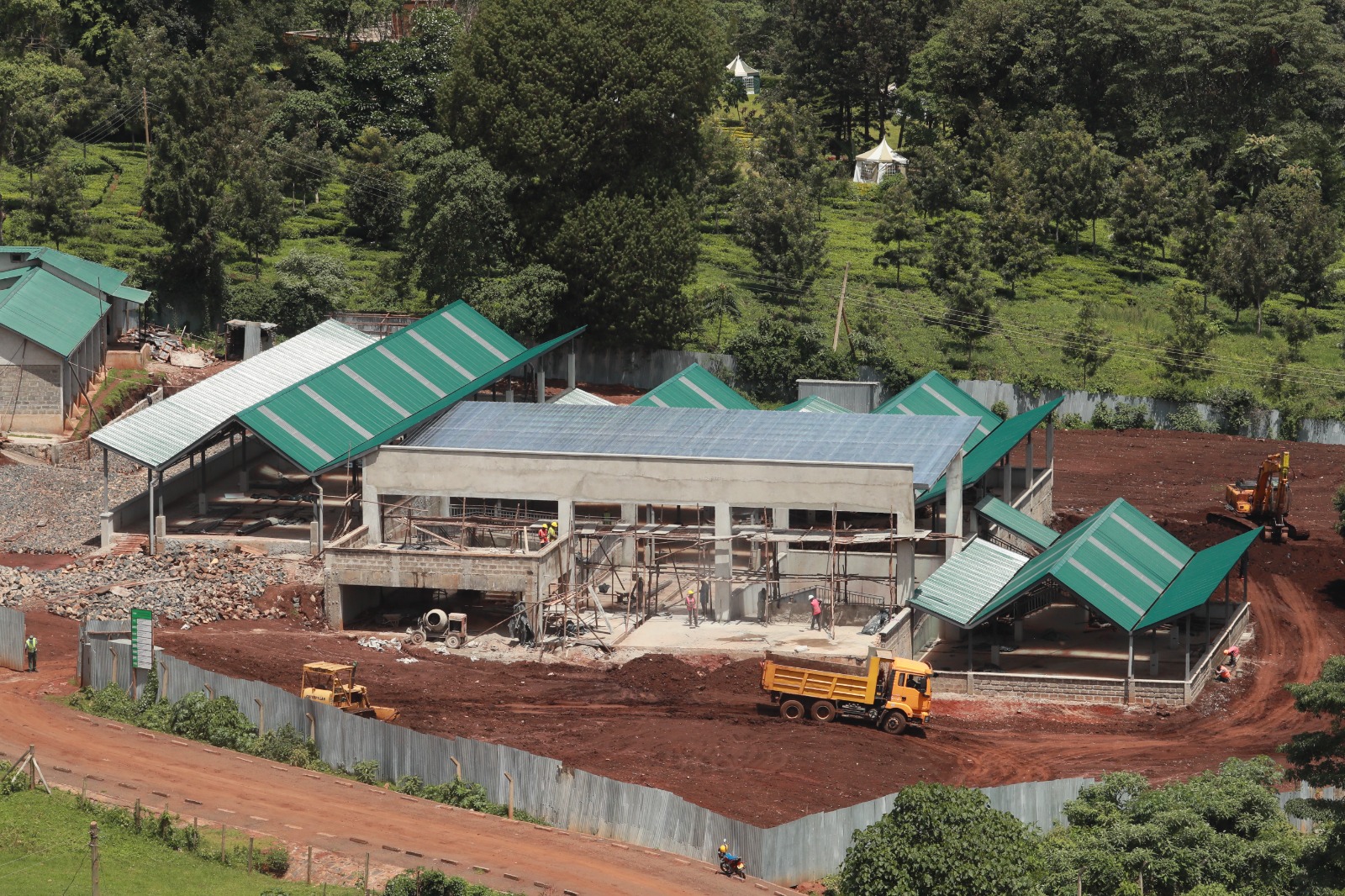quad in the works!
Site will be available soon. Thank you for your patience!
image-optimization domain was triggered too early. This is usually an indicator for some code in the plugin or theme running too early. Translations should be loaded at the init action or later. Please see Debugging in WordPress for more information. (This message was added in version 6.7.0.) in /home/nandicountygo/public_html/municipality.nandicounty.go.ke/wp-includes/functions.php on line 6131whitehall domain was triggered too early. This is usually an indicator for some code in the plugin or theme running too early. Translations should be loaded at the init action or later. Please see Debugging in WordPress for more information. (This message was added in version 6.7.0.) in /home/nandicountygo/public_html/municipality.nandicounty.go.ke/wp-includes/functions.php on line 6131
Site will be available soon. Thank you for your patience!
